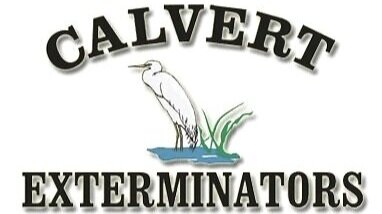RACCOONS
Mother raccoon finding a place to give birth. She just pulled it apart and gave birth in the attic.
Raccoons, found abundantly in Maryland, are plump, stocky mammals with short front legs and longer back legs. They have a striped tail and the telltale black “mask” around their eyes. Their fur is grayish black. They weigh anywhere between 10-35 pounds and measure 20-30 inches in length.
Raccoons can be a nuisance to both wildlife and humans. They are well adapted to urban and suburban areas and often enter homes, basements, attics and other outdoor structures. They love to raid trash bins or any food left in the open.
Raccoons are responsible for over 60% of the rabies cases in the state of Maryland and can also transmit canine distemper and parvovirus to domestic dogs.
For the first two months of their lives, babies live in their den and are weened at 7 to 16 weeks. At 12 weeks, they will start to roam away from their mothers for whole nights at a time, according to the Washington Department of Fish and Wildlife. They become completely independent at 8 to 12 months of age. Raccoons live around 2 to 3 years in the wild.
Offspring
Baby raccoons are called kits or cubs and are usually born in the early summer. Females have one to seven offspring after a gestation period of 60 to 73 days. As a group, a mother and her baby raccoons are called a nursery.
Habits
Raccoons are not very social creatures. They are nocturnal and sleep during the day. During the winter, they tend to sleep more, but they do not hibernate in the traditional sense. They simply sleep while their bodies live off stored fat. They lose around 50 percent of their body weight during the winter, according to the University of Michigan's Animal Diversity Web(ADW).
Though these animals look like the outlaws of the outdoors, raccoons are very clean creatures. They are known to wash their food in streams and even dig latrines in areas they frequent regularly.
Diet
As omnivores, raccoons eat vegetation and meat. The vegetation in their diet consists of cherries, apples, acorns, persimmons, berries, peaches, citrus fruits, plums, wild grapes, figs, watermelons, beech nuts, corn and walnuts. When it comes to meat, raccoons consume more invertebrates than vertebrates, according to the ADW. Some of the raccoon’s favorite animal treats are frogs, fish, crayfish, insects, rodents and bird eggs. When food is scarce, raccoons aren’t above scavenging human trash or eating roadkill.




